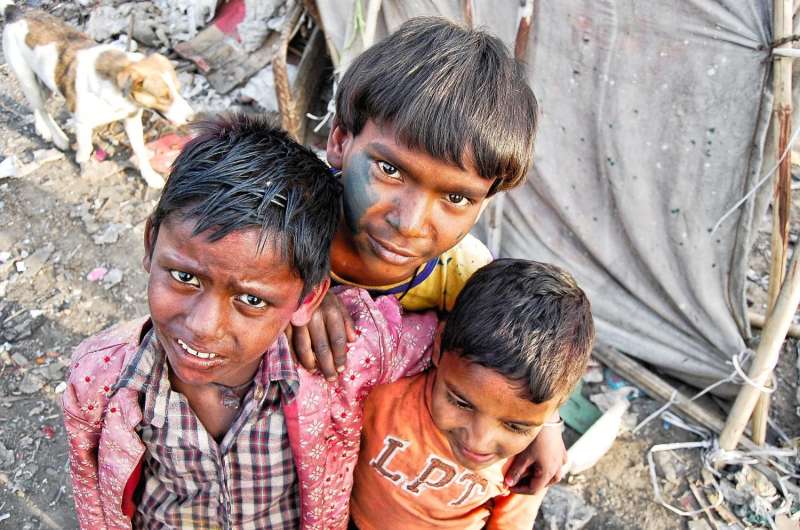Research shows preference for male children is declining in Bangladesh

Research from the University of Kent has demonstrated a decline in 'son preference' by women of childbearing age in Bangladesh. However, the study also shows that fertility decisions are still influenced according to son preference.
The paper, 'Is son preference disappearing from Bangladesh?', surveyed a nationally representative sample of Bangladeshi women of childbearing age, born between 1975 and 1994, to assess how son preference is evolving.
The term 'son preference' refers to any situation where parents value sons over daughters and make resulting choices accordingly, which can have a strong economic and demographic impact.
The study finds that among women of childbearing age in Bangladesh, son preference is giving way to a desire for gender balance, a consequence of increased female education and employment. However, in contrast to these stated fertility preferences, actual fertility decisions are still shaped by son preference.
Among those Bangladeshi women yet to have a child, the proportions indicating a desire for sons and daughters were almost identical. For those with one or two children, the presence of a son has a strong negative effect on the desire for additional sons, and the presence of a daughter has a strong negative effect on the desire for additional daughters.
Son preference can have profound economic and demographic consequences upon female adult and maternal mortality, sex-selective abortions, gender differences in breastfeeding, intra-household gender bias in food allocation, gender differentials in infant and child mortality, imbalanced sex ratios and shortages of marriageable women in the population.
The study also found evidence that the desire for gender balance in children was stronger among women who have completed secondary school and those who live in areas with more opportunities for female paid work, specifically in the ready-made garments sector. The desire for gender balance in children is also stronger among women co-residing with their mothers-in-law.
However, survival analysis indicates that actual fertility decisions are still shaped by son preference. The study indicates that those without sons among their first two children are significantly more likely to have another child. The absence of a daughter among the first two children, on the other hand, has no corresponding effect on the decision to have another child.
Dr. Zaki Wahhaj, Principle Investigator of the study and Reader in Economics at the University of Kent said: 'Our research reveals a discrepancy between the child sex preferences of women in Bangladesh and their actual fertility behavior. Whilst son preference has given way to a desire for children of both sexes as far as stated preferences are concerned, we find that actual fertility decisions of women in Bangladesh continue to be shaped by son preference.'
More information: M. Niaz Asadullah et al, Is son preference disappearing from Bangladesh?, World Development (2021). DOI: 10.1016/j.worlddev.2020.105353
Provided by University of Kent


















